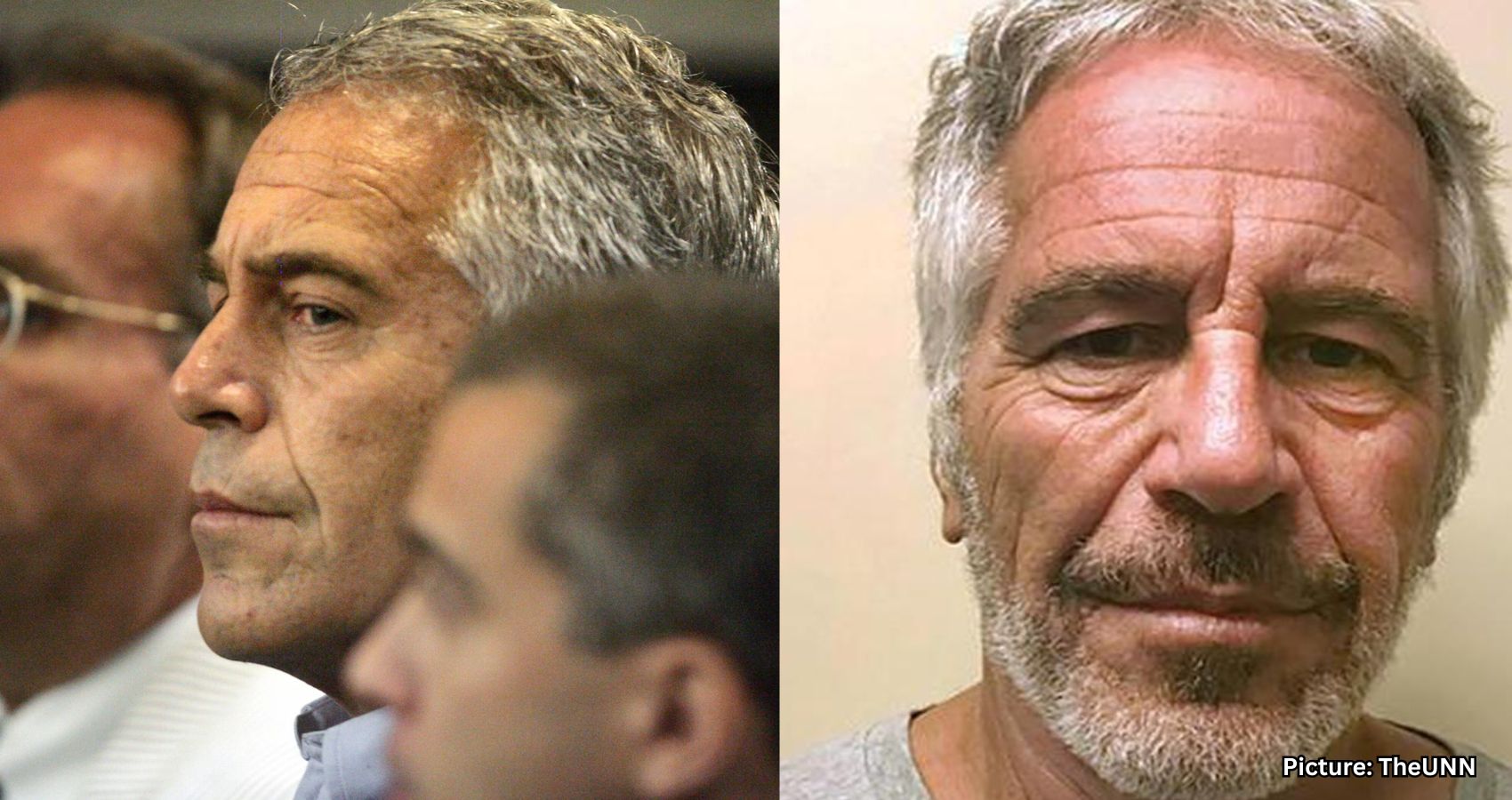In the wake of the Jeffrey Epstein scandal, a troubling silence persists among powerful men, revealing a culture of complicity that perpetuates the exploitation of women globally.
The downfall of influential figures often brings with it a disturbing silence, a silence that is meticulously crafted by privilege and institutions that instinctively protect their own. Following the revelations surrounding Jeffrey Epstein, the world caught a fleeting glimpse into the depths of what the powerful are capable of when shielded from accountability.
As the curtain was pulled back, it revealed men whose reputations once seemed unassailable. Among those who retreated into the shadows were notable figures such as Larry Summers and Prince Andrew. Their proximity to Epstein demanded transparency, yet instead, they offered carefully crafted statements, legal maneuvering, and a retreat into polished invisibility. What transpired was not accountability but a choreography of avoidance, leaving the public with silence rather than truth.
This silence is far from neutral; it is a form of complicity. Complicity, especially in the context of the exploitation of women, represents a global catastrophe. The predation of women by powerful men is not merely an American disgrace or an isolated moral failure of the elite; it is a pervasive issue embedded in cultures worldwide. In India, for instance, young women and girls continue to endure brutal assaults that shock the conscience. Mothers mourn, fathers rage, and daughters suffer violence rooted in the same pathology of entitlement that fuels exploitation in the private jets and luxury apartments of the global elite.
Whether in the opulent rooms of billionaires or the dark streets of Delhi, the impulse remains the same: domination disguised as desire and power masquerading as privilege. Predatory behavior constitutes a mental health crisis that society refuses to diagnose. It stems from narcissism, unchecked entitlement, and the intoxicating allure of control. Instead of confronting this sickness, societies have constructed systems to accommodate it. Allegations are buried, colleagues look away, and entire industries protect the reputations of the men who sustain them.
Even when the truth emerges, the machinery of influence rushes to soften it, contextualize it, or bury it beneath procedural bureaucracy. What is perhaps most chilling is that the world has only glimpsed a fraction of the truth. The Epstein case serves as a doorway, not a destination, to uncovering the full extent of what transpired. There are more names behind the curtain—individuals with global influence, political power, financial reach, and cultural standing—whose identities have been partially shielded through sealed documents, quiet negotiations, and mutually beneficial silence.
As more records inevitably come to light and as more survivors find the courage to speak out, society will face the uncomfortable reality that the circle of complicity is far wider than previously acknowledged. The pressing question is not whether more powerful men will be implicated, but rather how many, and how long society has been willing to look away.
The tragedy deepens when one considers that every survivor is someone’s daughter. These young women are cherished within their families, loved unconditionally, and deserving of the fierce protection that every parent instinctively offers. Yet the hypocrisy is staggering: none of the powerful men who benefited from silence and privilege would tolerate such violence inflicted upon their own children. If the horrors suffered by these women were visited upon the daughters of the elite, there would be no hesitation, no obfuscation, and no retreat into silence. Instead, there would be outrage, justice, and an unwavering pursuit of truth. However, when the victims are not their own, the urgency dissipates, replaced by legal strategies and public relations choreography.
It is crucial to recognize that every individual has made mistakes that have hurt others, and no one is exempt from this truth. However, human imperfection does not equate to preying on young women as if it were a sport, particularly by men who are fully aware of their actions. The real scandal in cases like Epstein’s is not solely the crimes committed but the collective refusal to confront what those crimes reveal about our society.
We have cultivated a culture that prioritizes rehabilitating the powerful over protecting the vulnerable. The public has been conditioned to forget, allowing institutions to regain their confidence. The implicated gradually reemerge, cleansed not by repentance but by the passage of time and strategically engineered amnesia. Each time society allows this cycle to unfold, it betrays women everywhere.
We have lived too long under an unspoken jungle law, where the powerful roam freely while the rest of us remain silent. The powerful devour, and the vulnerable endure. If there is to be any genuine progress, we must dismantle this ancient code. A society cannot claim to be civilized if it continues to excuse its giants while sacrificing its daughters. Until we confront the culture of willful blindness that shields the powerful and abandons their victims, we will remain trapped in a world where silence is as dangerous as the crimes it conceals.
The jungle persists only because we avert our eyes. It will fall only when we find the courage to confront reality for what it is.
Source: Original article

